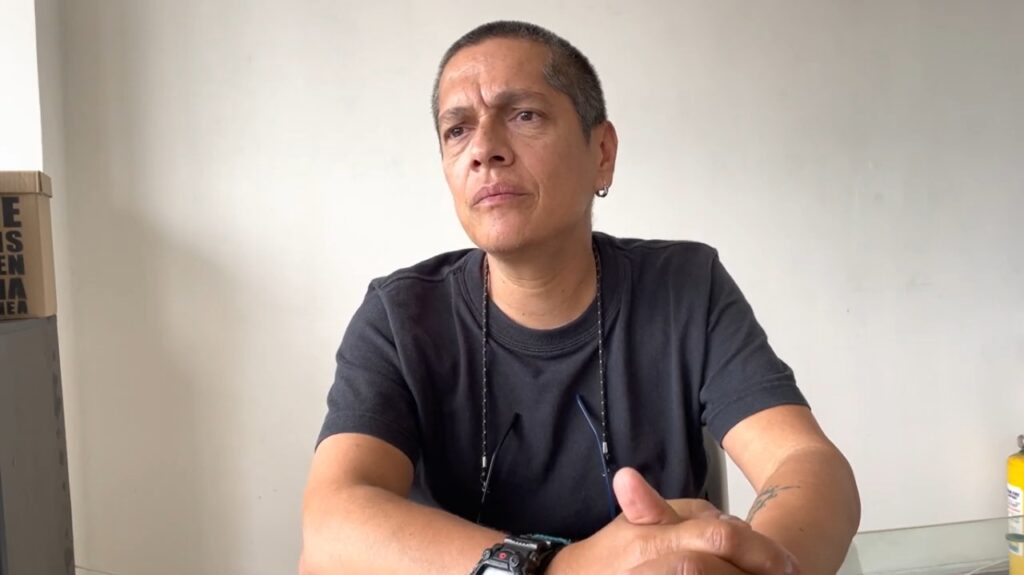
Failed social and economic policies on the part of the Colombian government are some of the main reasons for the unemployment and social outbursts in the country in 2020 and 2021, as well as the detriment of people's possibilities and capabilities to have a dignified life.
Human rights defender in Colombia, Walter Agredo Muñoz, said in an interview for Global Exchange and Peninsula 360 Press that "it took society by surprise that the accumulated rage against sensitive issues such as inequality, exclusion and corruption by the right wing of the country generated strikes by the population".
During 2020, said the activist, inequality "cost many lives", especially among the youth of Santiago de Cali, where the social outburst led people to become aware, which generated demonstrations of solidarity among those who protested on the part of society, supporting the cause with humanitarian accompaniment.
Interviewed by reporter Alina Duarte, Agredo Muñoz mentioned that young people are the creators of the first lines of protest in front of the state because they represent a stigmatized youth that continually seeks to belong to an economic and social system that, constantly, for reasons of preparation and prejudice, rejects them.
This, he continues, "led to the tiredness of the young people who decided to organize and meet at different points in Cali, Puerto Resistencia and Siloé, and who were unjustly linked to the National Liberation Army as a way of stigmatizing them, which was a justification for the government to kill them.
In response to the protests, the government sent General Eduardo Enrique Zapateiro Altamiranda, who said he would bring order in less than two weeks. However, the problem took up to three months to be resolved, but not before implementing "terrorist" policies among the population, as mentioned by the human rights defender.
One of the sectors most affected by the policies of order implemented by the government as a result of the strikes of 2020 and 2021, in addition to the organizations, is the countryside. This, because the peasant sector has experienced most of the aggressions by a terrorist state disguised as democracy, he said.
Agredo Muñoz, who also considers himself to be part of the Historic PactThe President mentions that he fears that the results of the elections to be held on June 19 will not be experienced as an election, but as an imposition, in view of which, the different sectors that make up the "Pact", such as women, Afro-Colombians, indigenous people and the LGBTI community, would be willing to use legal channels and means to carry out peaceful social protests.
The Historical Pact project has been distorted by the opposition.
Agredo Muñoz talks about the distortion that the concept of the "Historical Pact" headed by the candidate Gustavo Petro and Francia Márquez has suffered in Colombia, and affirms that there has been a distortion since properties will be expropriated, when in reality the pact says: it is focused on guaranteeing basic services to low-income people and providing them with quality services.
"Tasty living, as they call it in Colombia, refers to that, to enjoying the basic rights of health, education and housing."
This article was produced with the support of a group of journalists covering the first round of elections in Colombia, sponsored by Global Exchange, in collaboration with Peninsula 360 Press.
You may be interested in: People in the Colombian Pacific feel very close to Francia Márquez


